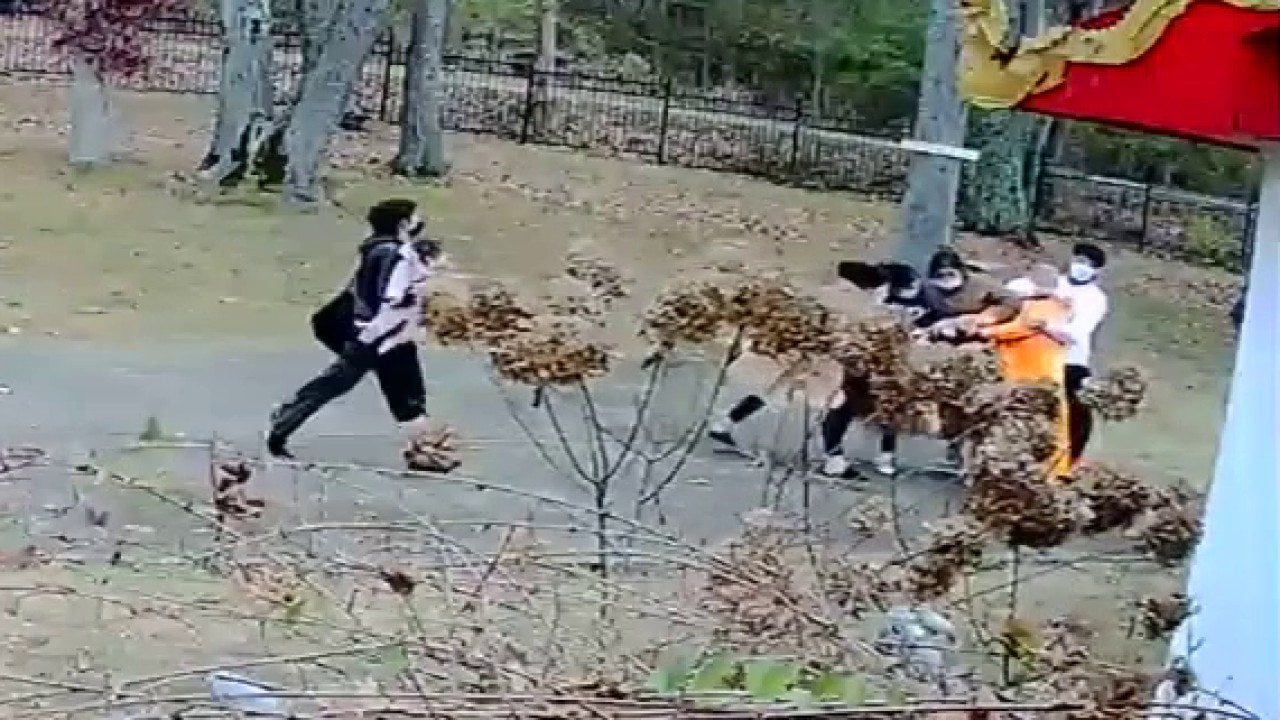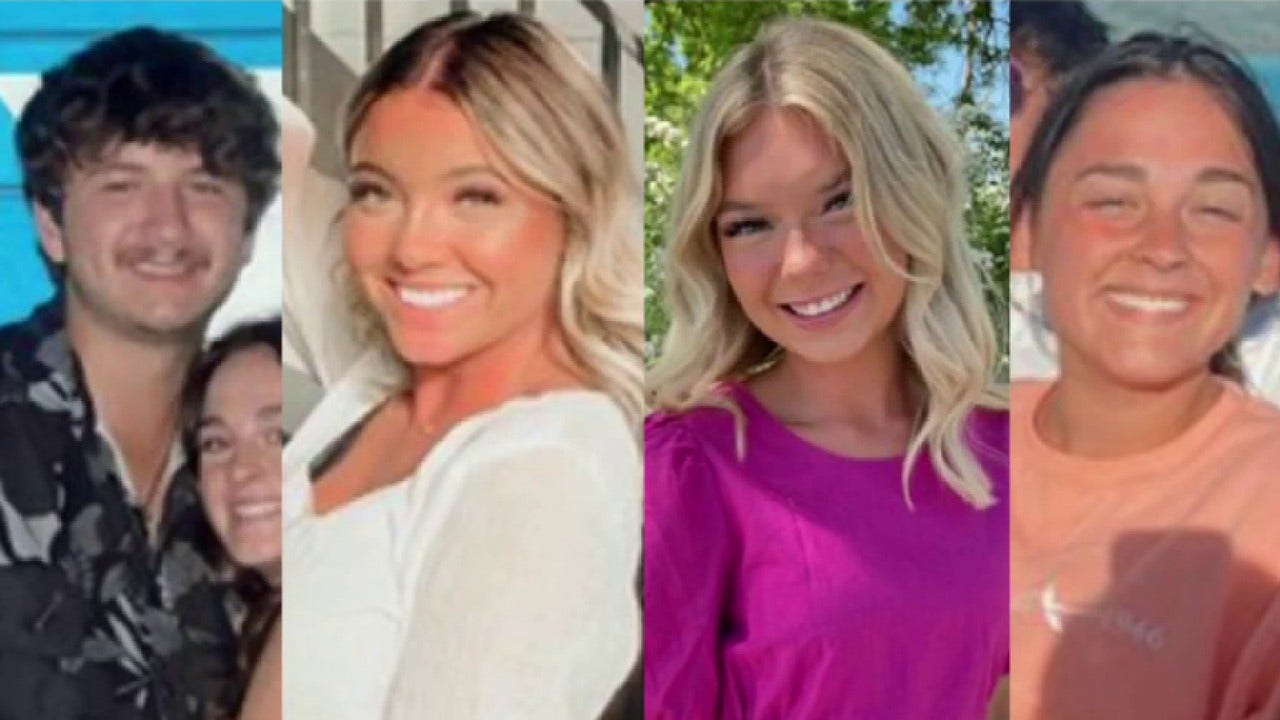Seventeen-year-old Amy Cerna Sanchez loved playing soccer” target=”_blank”>soccer< when she says her refuge was ripped away from her. “Being locked up in the house was a little bit difficult since I was already struggling with both my anxiety and depression. So it kind of just went downhill from there,” Cerna Sanchez said.
Amy is one of countless teenagers across the country who mental-health” target=”_blank”>struggled mentally< a mental health state of emergency due to the number of kids seeking treatment for suicidal thoughts and other mental health issues. According to the hospital, behavioral health emergency room visits shot up 72% statewide between January and April of this year compared to the same period in 2019.
Across the country, the National Institute for Health Care Management reports that mental health-related emergency room visits jumped for both younger and older kids between mid-March and October of 2020 compared to the same time in 2019.
Some medical experts are predicting another surge of kids seeking help in the fall.
“A lot of my colleagues anticipate there being really an epidemic,” said Robert Franks, President and CEO of the Judge Baker Children’s Center at Harvard Medical School.
Some experts say a major threat to kids is the uncertainty of whether schools will reopen as a result of the spread of the Delta variant.
“There was this sense of, ‘We’re returning to normal,’ and now we actually aren’t sure if that’s the case or not,” Jenna Glover, director of psychology training at Children’s Hospital Colorado, said.
Although the pandemic has been a challenging time for many, Amy Cerna Sanchez says she was able to work on herself.
“You know, you need to let it out there, you can’t keep bottling it up. And that’s something I learned myself,” she said.
CLICK HERE TO GET THE FOX NEWS APP
Experts say parents should be having a conversation with their children right now to prepare them for the potential of returning to online learning. If parents suspect that their children are facing challenges, they can have open conversations with them and look for key signs. Changes in eating habits and sleep patterns, combined with social withdrawal, are the first signs that kids may need help.
“Just keep checking in on kids, whether they’re your own, your student, like one of your athletes… somebody always has something going on… try to be understanding…” Cerna Sanchez said.
Fox News’ Melanie Eszter contributed to this report.
 Iktodaypk Latest international news, sport and comment
Iktodaypk Latest international news, sport and comment




